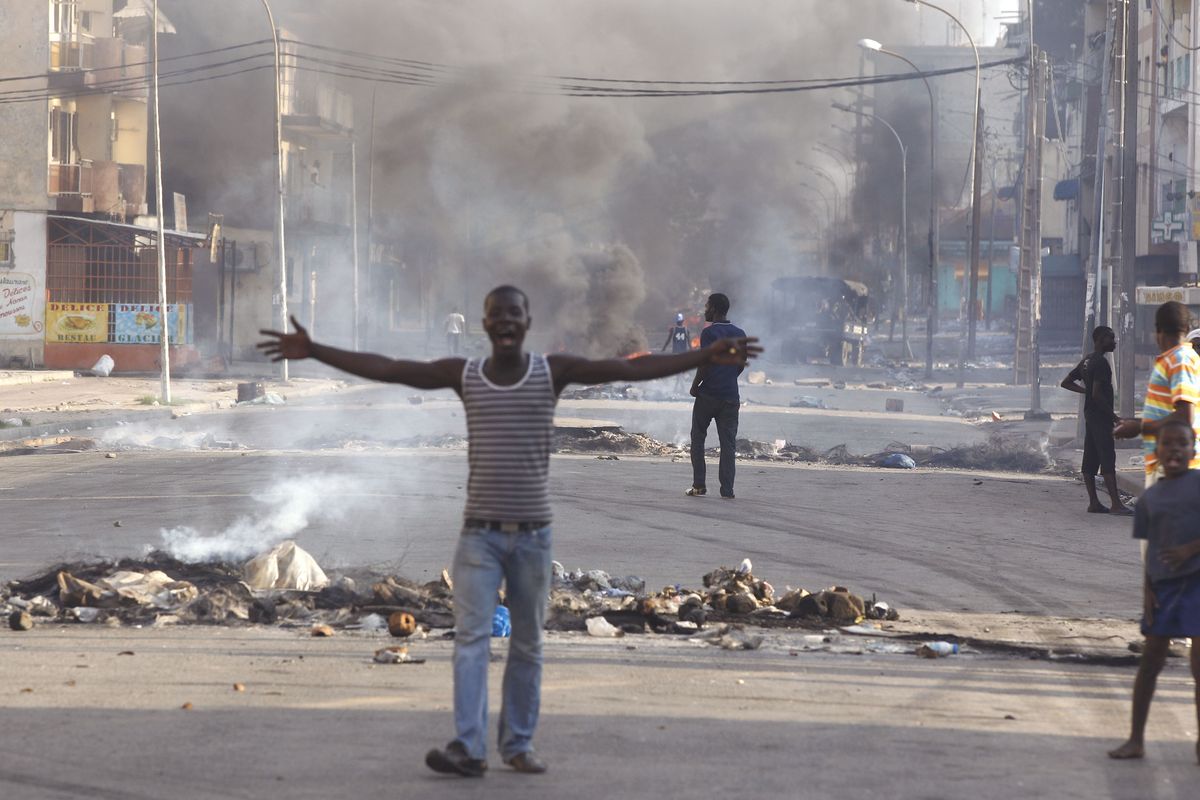Two in Ivory Coast claim presidential victory, take oath

ABIDJAN, Ivory Coast – The two candidates in Ivory Coast’s disputed presidential election took dueling oaths of office Saturday after each claimed victory, as the political crisis spiraled out of control and renewed unrest in this country once split in two by civil war.
Incumbent President Laurent Gbagbo defied calls from the United States, France and the United Nations to concede defeat, wrapping himself in the Ivorian flag as he was sworn in for another term. Hours later, opposition candidate Alassane Ouattara announced that he too had taken his own oath.
Saturday’s developments leave Ivory Coast with two men who both claim to be president, further inflaming the political chaos in the West African nation whose once-prosperous economy was destroyed by the 2002-2003 civil war.
U.S. President Barack Obama and French President Nicolas Sarkozy say Ouattara is the rightful winner. The top U.N. official in Ivory Coast is also standing by results released Thursday by the country’s election commission that put Ouattara ahead.
Prime Minister Guillaume Soro, a former rebel leader who had served in a unity government with Gbagbo since a 2007 peace deal, said Saturday he was backing Ouattara, who is wildly popular in the formerly rebel-held north. Ouattara said his first act as president was to reappoint Soro.
“These last days have been difficult but I can tell you now that Ivory Coast is in good hands,” Ouattara said just hours after Gbagbo held his inauguration ceremony at the presidential palace.
At his swearing-in, Gbagbo renewed allegations that his supporters had been intimidated in the north, repeating the rationale used by the country’s constitutional council to throw out a half million ballots that were cast in Ouattara strongholds.
Ivory Coast’s long-awaited presidential election was meant to restore stability in what was once one of the most affluent countries in Africa. Instead, the election has cast a growing shadow as the country now faces two political rivals who each claim to be leading the country.
Each has his own army, his own support network and his own legal framework for governing. Gbagbo has the support of the regular army, while Ouattara is supported by the New Forces rebels. Gbagbo is supported by many of the country’s most important institutions including the constitutional council and the state media, while Ouattara is backed with foreign endorsements.